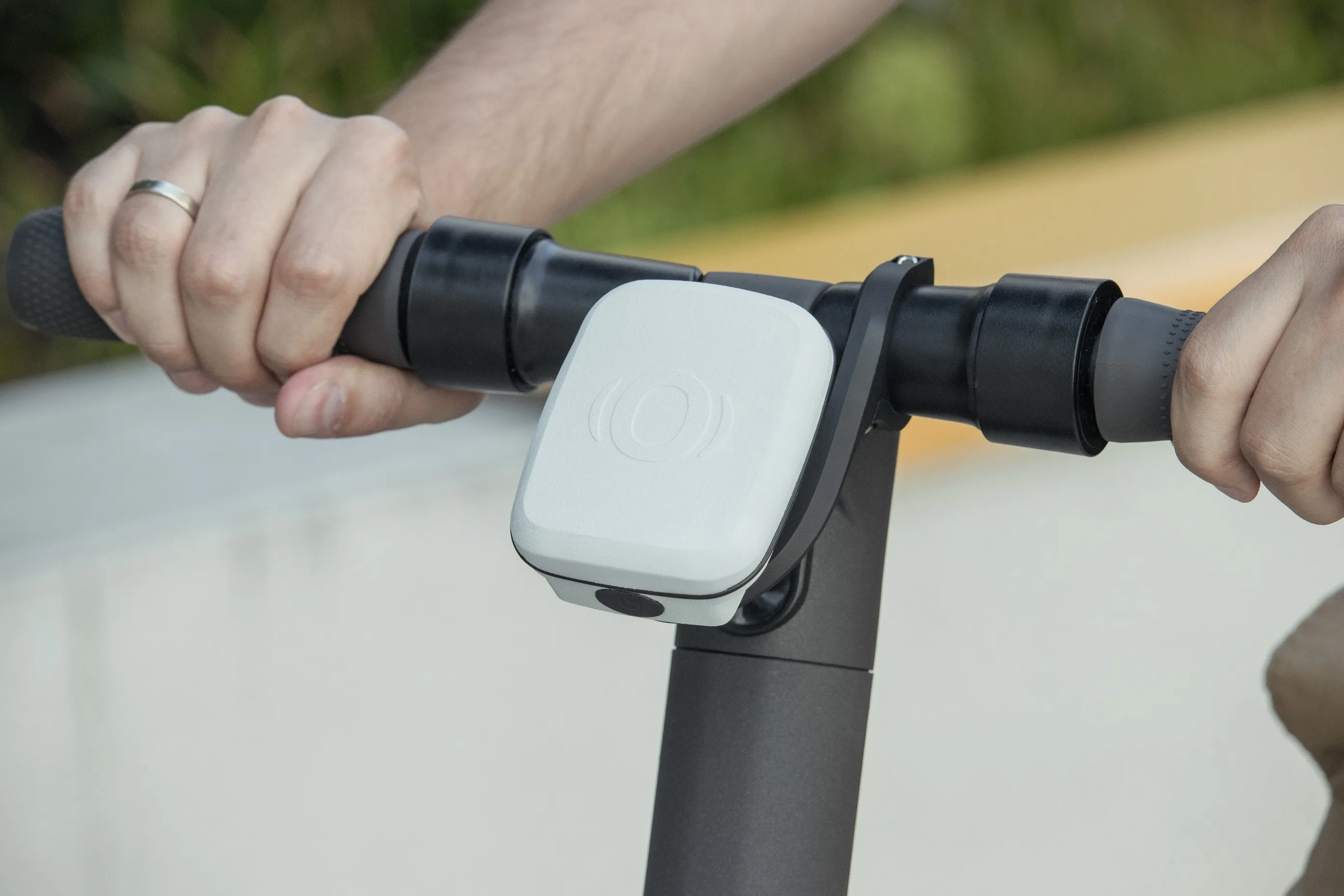The company could not resist a dig at commercial rivals, saying that its R&D team designed vehicles “from the ground up for commercial/shared use, rather than sourcing the same Ninebot or Segway scooters that Lime, Bird and others use”.
VeoRide claims that its scooter will last four to eight times longer than others – and suggests that it will also improve safety.
This is because, rather than taking scooters off-site to charge, its technicians can swap batteries on-site. According to the company, this means that the fire risk inherent in users trying their own, unsupervised, charging in dormitories or apartments is eliminated.
VeoRide scooters can adjust their speed to meet individual community standards while a speedometer allows riders to keep track of how fast they are going.
Each e-scooter comes with a built-in sensor to detect road conditions and automatically engage the braking system to slow the vehicle and protect the rider.
The e-scooters will be available in states including Texas, Alabama and Tennessee, the company says.
VeoRide to launch e-scooter with swappable battery in US
VeoRide is to launch an electric scooter with a swappable battery in the US – which it says sets the product apart from anything on the market.
The company could not resist a dig at commercial rivals, saying that its R&D team designed vehicles “from the ground up for commercial/shared use, rather than sourcing the same Ninebot or Segway scooters that Lime, Bird and others use”.
VeoRide claims that its scooter will last four to eight times longer than others – and suggests that it will also improve safet
May 9, 2019
Read time: 2 mins
VeoRide is to launch an electric scooter with a swappable battery in the US – which it says sets the product apart from anything on the market.








